Va. High Court Breaks New Ground on Tree Liability
suburbanmd
16 years ago
Related Stories
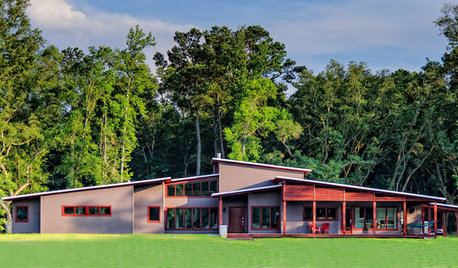
HOUZZ TOURSHouzz Tour: Earthiness Grounds a Contemporary Louisiana Home
Generous wood and thoughtful design on a 32-acre site, pond included, make for a warm-looking home that naturally fits its owners
Full Story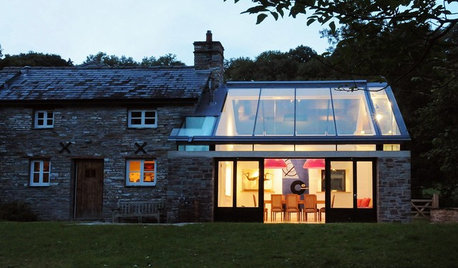
BUDGETING YOUR PROJECTDesign Workshop: Is a Phased Construction Project Right for You?
Breaking up your remodel or custom home project has benefits and disadvantages. See if it’s right for you
Full Story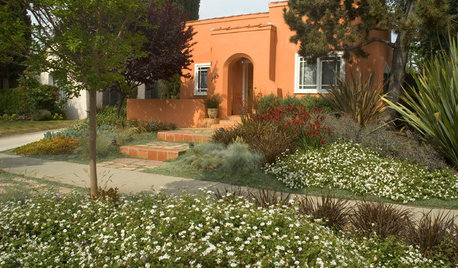
GREAT HOME PROJECTSHow to Replace Your Lawn With a Garden
New project for a new year: Lose the turfgrass for energy savings, wildlife friendliness and lower maintenance
Full Story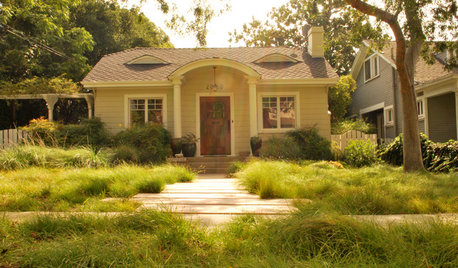
MOST POPULARMeet a Lawn Alternative That Works Wonders
Carex can replace turfgrass in any spot, is low maintenance and adjusts easily. Add its good looks and you’ve got a ground cover winner
Full Story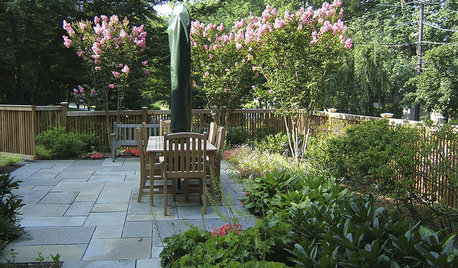
GARDENING GUIDESGreat Design Plant: Crape Myrtle
With long-lasting blooms and gorgeous exfoliating bark, this ornamental tree brings bright color and a unique form to the landscape
Full Story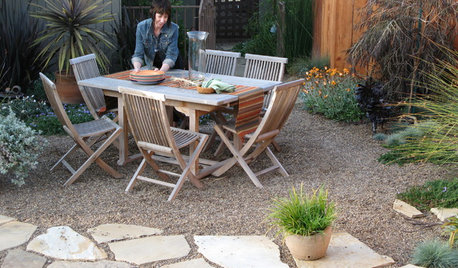
LANDSCAPE DESIGN15 Great Ideas for a Lawn-Free Yard
End the turf war for good with hardscaping, native grasses and ground covers that save water and are easier to maintain
Full Story
LIFECould Techies Get a Floating Home Near California?
International companies would catch a big business break, and the apartments could be cool. But what are the odds of success? Weigh in here
Full Story
LANDSCAPE DESIGNSmall Garden? You Can Still Do Bamboo
Forget luck. Having bamboo that thrives on a wee plot just takes planning, picking the right variety, and keeping runners in check
Full Story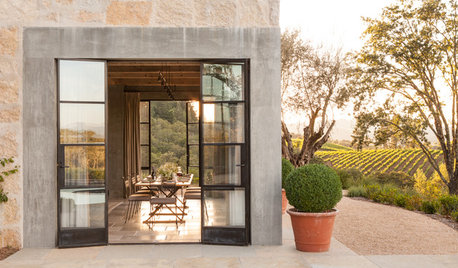
RUSTIC STYLEHouzz Tour: A California Country Home With a French Accent
A new house mixes modern touches with the timeless beauty of stone walls, rustic doors, old olive trees — and vineyards all around
Full Story
ARTWitness a Fantastic Chihuly Glass Sculpture Installation
Ever wonder what goes into a design that includes a major — and highly breakable — artwork? Here's your chance to find out
Full Story







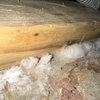
bus_driver
lindac
Related Professionals
Arkansas City General Contractors · DeSoto General Contractors · Green Bay General Contractors · Kilgore General Contractors · Makakilo General Contractors · Mentor General Contractors · Montclair General Contractors · Salem General Contractors · Sauk Village General Contractors · Vincennes General Contractors · Delano Home Builders · Four Corners Home Builders · Miami Home Builders · Prichard Home Builders · The Colony Home BuilderssuburbanmdOriginal Author
thetews
klimkm
davidandkasie
thetews
housenewbie
californian
davidandkasie
angelom
jrdwyer
maryland_irisman
jrdwyer
maryland_irisman
bcma